Results
-
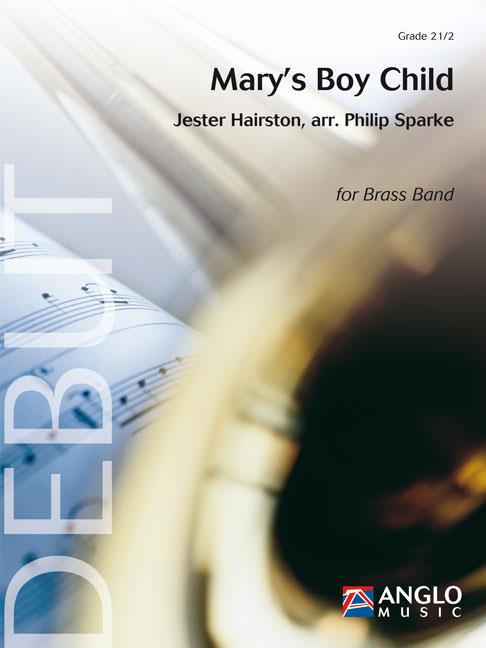 £57.50
£57.50Mary's Boy Child (Brass Band - Score and Parts) - Hairston, Jester - Sparke, Philip
Philip Sparke has taken this traditional melody and produced an attractive arrangement for brass band. The piece is ideal for use in Christmas concerts and is guaranteed to get everyone's toes tapping - players and audience alike.Duration: 4.30
Estimated dispatch 7-14 working days
-
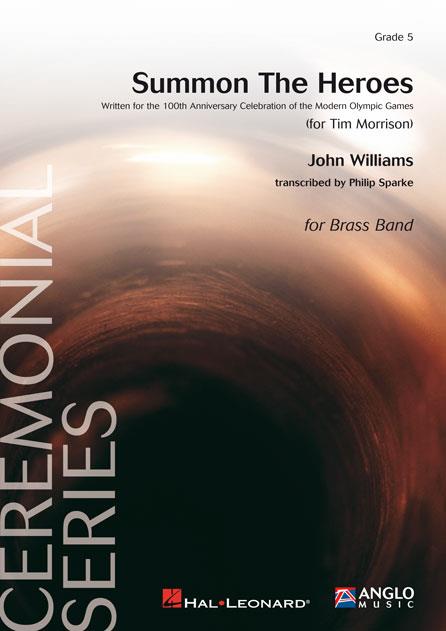 £76.99
£76.99Summon the Heroes (Brass Band - Score and Parts) - Williams, John - Sparke, Philip
John Williams has written ceremonial music for many major events and ceremonies but of all these occasional pieces Summon the Heroes is the most elaborate and musically complex. It was composed for the Atlanta Olympic Games in 1996 and performed at the opening ceremony. As with all of John Williams's ceremonial compositions this work makes an ideal brass band work that will bring the house down as a concert opener.Duration: 6:20
Estimated dispatch 7-14 working days
-
 £59.99
£59.99Adios Nonino (Brass Band - Score and Parts) - Piazzolla, Astor - Woude, Klaas van der
Adios Nonino is an enchanting and passionate tango written by the Argentine composer and accordion player Astor Piazzolla. Although the piece was originally written for accordion Klaas van der Woude has created a great arrangement for brass band.Duration: 5.15
Estimated dispatch 7-14 working days
-
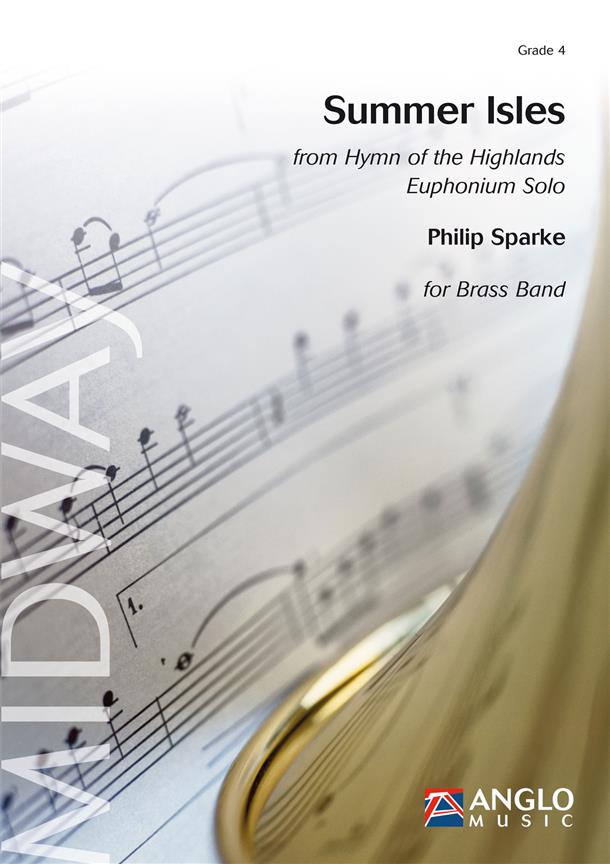 £68.99
£68.99Summer Isles (from Hymn of the Highlands) (Euphonium Solo with Brass Band - Score and Parts) - Sparke, Philip
The Summer Isles are a group of islands located off the North West coast of Scotland which are famous for their wildlife. This piece, written for solo euphonium and brass band, reflects the natural beauty and relaxing atmosphere of the islands. The wonderful melodious nature of the euphonium is displayed in this piece and the opening theme is followed by melodic interplay between the soloist and cornets. This piece will surely be enjoyed by any audience.Duration: 4:10
Estimated dispatch 7-14 working days
-
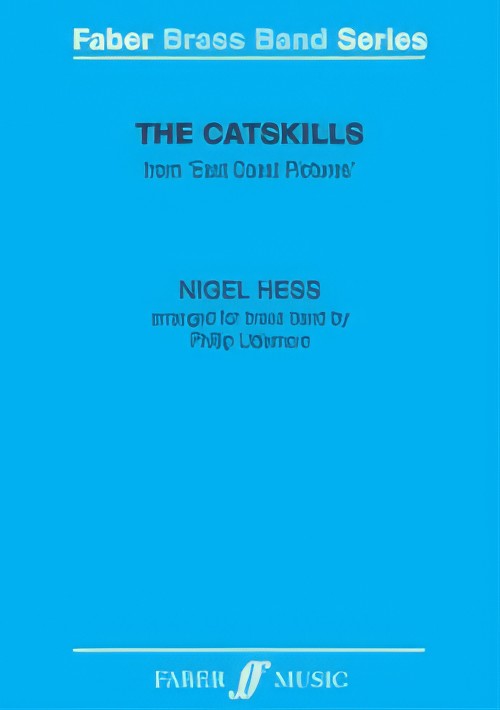 £22.00
£22.00The Catskills (from East Coast Pictures) (Brass Band - Score and Parts) - Hess, Nigel - Littlemore, Phillip
The Catskills is one of Nigel Hess's East Coast Pictures and was commissioned in 1985 by the British Youth Wind Orchestra. This suite, arranged here for brass band, has become a modern classic. Suitable for Premier Youth/2nd Section Bands and above. Duration: 6.00
Estimated dispatch 7-14 working days
-
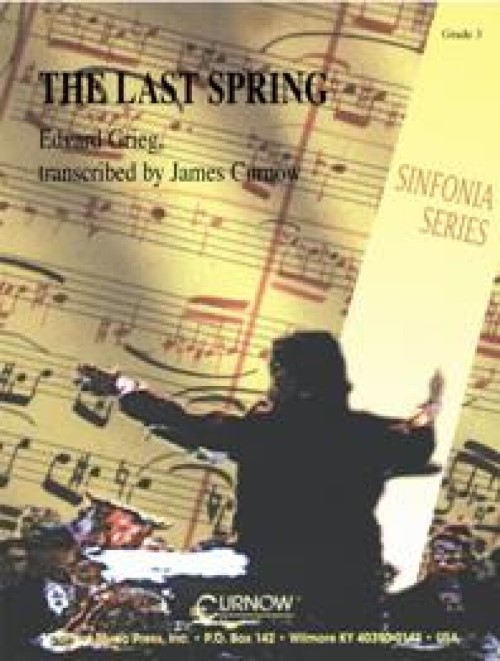 £42.50
£42.50The Last Spring (Brass Band - Score and Parts) - Grieg, Edvard - Curnow, James
Edvard Grieg is probably the best known of all Norwegian composers. He was one of the most important figures during the nationalistic romantic period and his music always contained the essence of this beautiful Scandinavian country. The Last Spring comes from Two Elegiac Melodies for String Orchestra and this version for brass band retains all the beauty and solemnity of the original. Evoke the peaceful atmosphere of Grieg's native land with this beautiful haunting work.Duration: 4.30
Estimated dispatch 7-14 working days
-
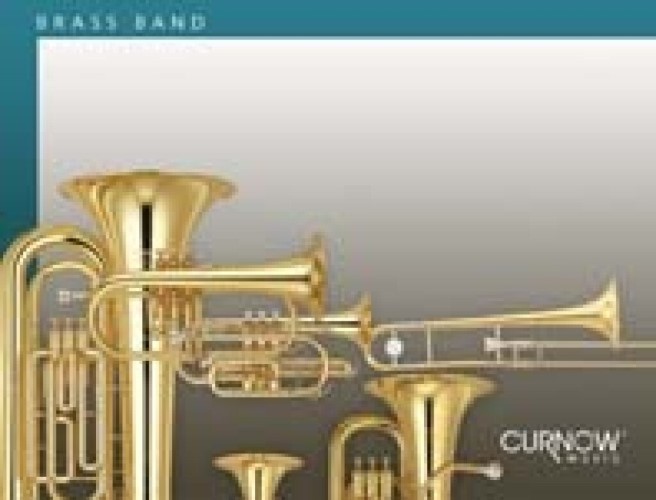 £45.99
£45.99Rough Mix (Brass Band - Score and Parts) - Hosay, James L.
Why not try something different with your brass band? Rough Mix is a pop rock tune that incorporates elements of punk and alternative rock. It contains optional parts for two electric guitars and synthesizer. With or without the optional parts this is a solid and fun arrangement that will have particular appeal for young musicians and audiences.Duration: 2.45
Estimated dispatch 7-14 working days
-
 £59.99
£59.99Vom Himmel Hoch, O Englein Kommt (Brass Band - Score and Parts) - De Haan, Jan
The German Christmas song Von Himmel hoch, O Englein kommt is one of the oldest known German carols, with the earliest versions, also known as Susani, going back to the 14th century. This exceptional arrangement by Jan de Haan works extremely well for brass band and will make an ideal work for any Christmas concert.Duration: 3:00
Estimated dispatch 7-14 working days
-
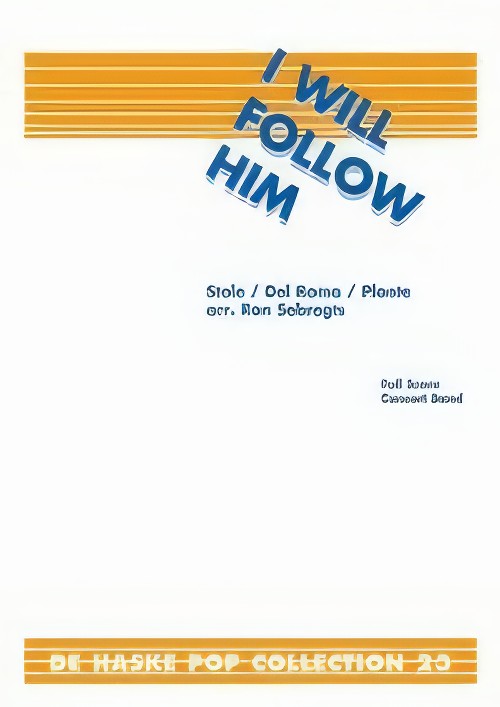 £54.99
£54.99I Will Follow Him (Brass Band - Score and Parts) - Sebregts, Ron
This old hit has been revamped for the film Sister Act, in which Whoopi Goldberg performs the number with Deloris and the Sisters. This adaptation for brass band has been arranged by Ron Sebregts.Duration: 2:45
Estimated dispatch 7-14 working days
-
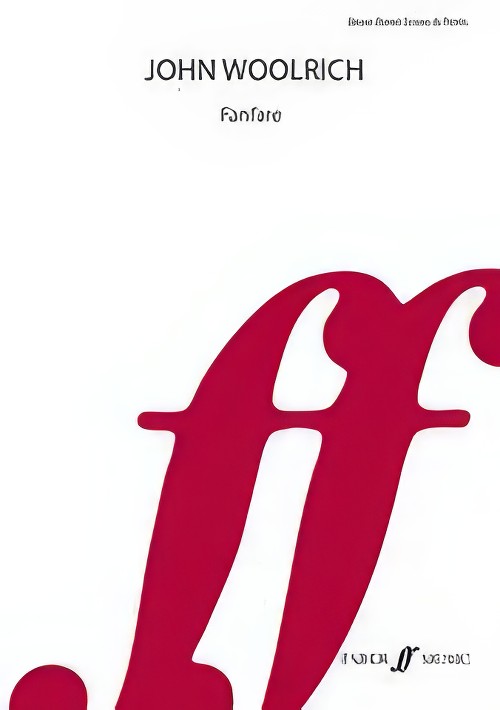 £40.00
£40.00Fanfare (Brass Band - Score and Parts) - Woolrich, John
This lively Fanfare was composed in 1994 for the brass band of the Guildhall School of Music and Drama Junior Department, which gave the first performance on 4 July 1994. Suitable for Youth/4th Section Bands and above. Duration: 4.00
Estimated dispatch 7-14 working days
